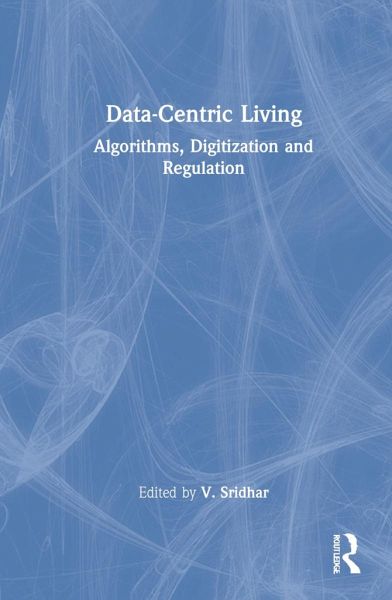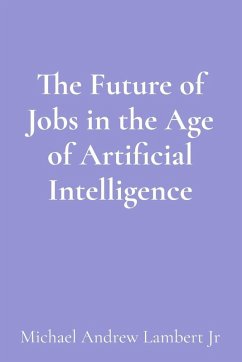
Data-centric Living
Algorithms, Digitization and Regulation
Herausgeber: Sridhar, V.
Versandkostenfrei!
Versandfertig in 1-2 Wochen
168,99 €
inkl. MwSt.

PAYBACK Punkte
84 °P sammeln!
This book explores how data about our everyday online behaviour are collected and how they are processed in various ways by algorithms powered by Artificial Intelligence (AI) and Machine Learning (ML). The book investigates the socioeconomic effects of these technologies, and the evolving regulatory landscape that is aiming to nurture the positive effects of these technology evolutions while at the same time curbing possible negative practices. The volume scrutinizes growing concerns on how algorithmic decisions can sometimes be biased and discriminative; how autonomous systems can possibly di...
This book explores how data about our everyday online behaviour are collected and how they are processed in various ways by algorithms powered by Artificial Intelligence (AI) and Machine Learning (ML). The book investigates the socioeconomic effects of these technologies, and the evolving regulatory landscape that is aiming to nurture the positive effects of these technology evolutions while at the same time curbing possible negative practices. The volume scrutinizes growing concerns on how algorithmic decisions can sometimes be biased and discriminative; how autonomous systems can possibly disrupt and impact the labour markets, resulting in job losses in several traditional sectors while creating unprecedented opportunities in others; the rapid evolution of social media that can be addictive at times resulting in associated mental health issues; and the way digital Identities are evolving around the world and their impact on provisioning of government services. The book also provides an in-depth understanding of regulations around the world to protect privacy of data subjects in the online world; a glimpse of how data is used as a digital public good in combating Covid pandemic; and how ethical standards in autonomous systems are evolving in the digital world. A timely intervention in this fast-evolving field, this book will be useful for scholars and researchers of digital humanities, business and management, internet studies, data sciences, political studies, urban sociology, law, media and cultural studies, sociology, cultural anthropology, and science and technology studies. It will also be of immense interest to the general readers seeking insights on daily digital lives.












